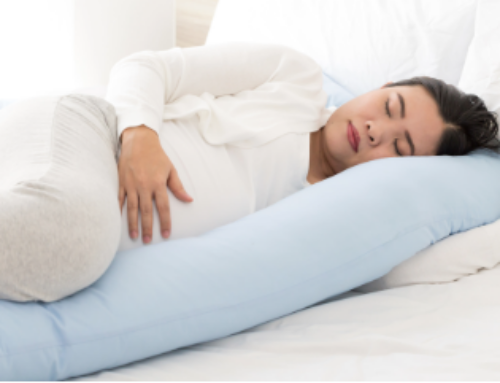A new study shows that sleep efficiency (SE) is predictive of survival time for women with breast cancer. Sleep efficiency is the number of minutes of sleep divided by the number of minutes in bed.
New research involved 97 women with advanced breast cancer. The women had an average age of 55 years.
They wore a wrist actigraph for three days. The device records activity patterns to identify sleep and wakefulness. Overall, participants spent about eight hours in bed at night, but slept for only 6.5 hours.
Results show that higher SE was significantly associated with lower death over the next six years. Average survival was 68.9 months for efficient sleepers. The average survival rate was 33.2 months for participants with poor SE. Further study found a 10 percent increase in SE reduced the risk of death by 32 percent.
“Good sleep seems to have a strongly protective effect, even with advanced breast cancer,” said Dr. Oxana Palesh. She is assistant professor in the Department of Psychiatry and Behavioral Sciences at Stanford University and research director of the Stanford Cancer Survivorship.
The National Cancer Institute projects about 40,000 will die from breast cancer in the U.S. this year.





